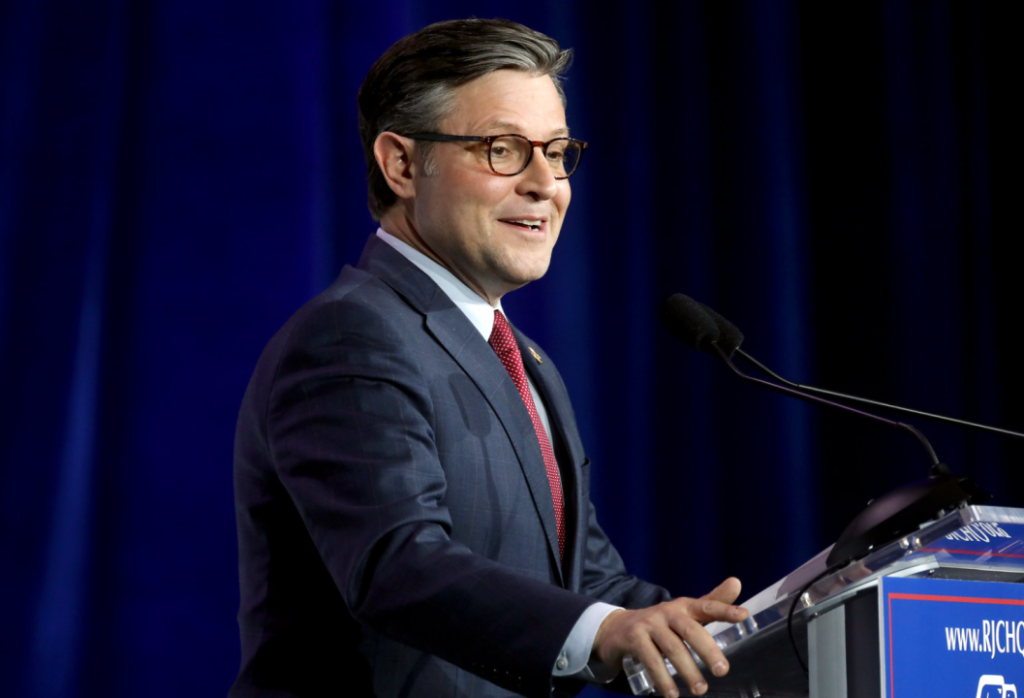In a move that has garnered bipartisan support, congressional leaders, including House Judiciary Committee Chairman Jim Jordan, have taken a stance against including the contentious Section 702 of the Foreign Intelligence Surveillance Act (FISA) in the National Defense Authorization Act (NDAA). Section 702, known for permitting government surveillance without warrants, has been at the center of a heated debate on Capitol Hill.
Representative Warren Davidson commended the decision to exclude Section 702 from the NDAA, hailing it as a win for privacy advocates and a rejection of the pressure from the Biden administration and intelligence agencies.
Contrary to previous uncertainties, Johnson’s office has clarified that amendments regarding Section 702 will be allowed to reach the House floor for debate. In a strategic move described as “King of the Hill,” competing bills may be voted on, with the last proposal standing, which garners a majority, being adopted.
Senator Ron Wyden, a staunch advocate for surveillance reform and co-sponsor of the Government Surveillance Reform Act alongside Senator Mike Lee, has opposed extending Section 702 within the NDAA. Wyden emphasizes the growing support for reform, a shift from the days when discussions on the topic were far less attended.
With the NDAA no longer the battleground for Section 702, attention turns to the Judiciary Committee’s deliberations over proposed changes to the law. The proposed Protect Liberty and End Warrantless Surveillance Act (PLEWSA) aims to enforce warrant requirements for any search for Americans’ information under Section 702 and close the “data broker loophole,” which allows the purchase of private data without a warrant.
The proposed bill also seeks to limit FBI access to the Section 702 database and establish penalties for FISA violations, reflecting the urgency to protect citizens’ Fourth Amendment rights against unreasonable searches.
The bipartisan group behind PLEWSA, including Representatives Andy Biggs, Jim Jordan, Jerry Nadler, Pramila Jayapal, Warren Davidson, Sara Jacobs, and Russell Fry, has called for immediate action to halt the unwarranted surveillance practices that have been infringing on civil liberties.
Backing from privacy-focused organizations underscores the bill’s importance in the fight to uphold the right to privacy. The legislation represents a concerted effort to safeguard Americans from unwarranted government intrusion and to preserve the constitutional right to privacy.
As the Judiciary Committee prepares to weigh the merits of PLEWSA, advocates from across the political spectrum are watching closely, anticipating reforms that could have profound implications for personal privacy and government accountability.


